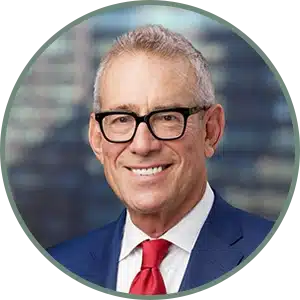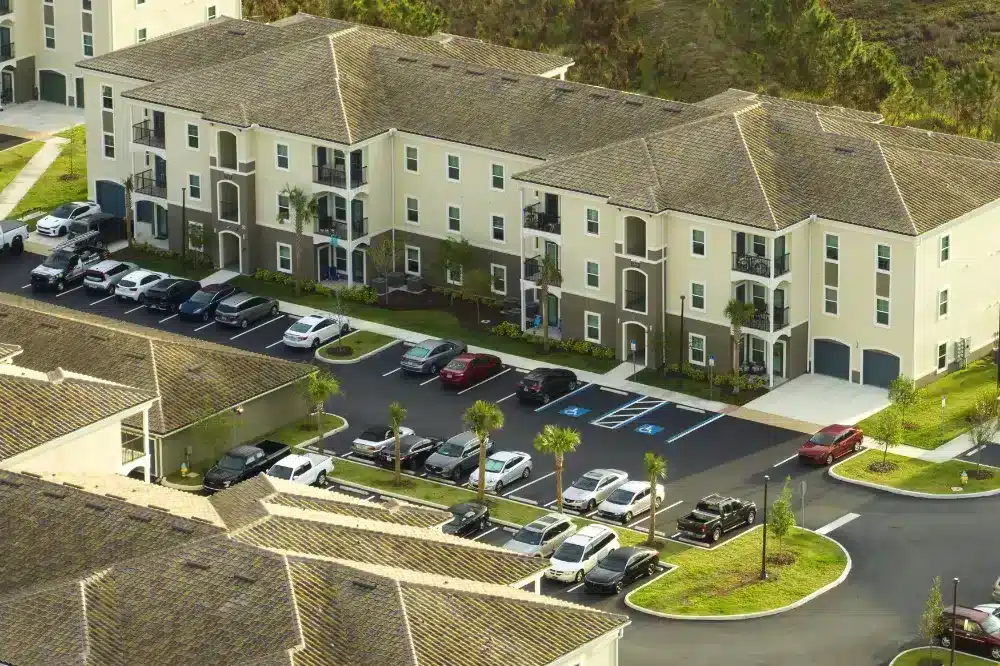
Content Reviewed by:
Steven M Levin
Content Reviewed by: Steven M Levin
Accordion Content
Since 1976, Steve Levin has been dedicated to helping people injured by others’ negligence. He is one of the first attorneys in the U.S. to prosecute nursing homes for abuse and negligence. He’s also helped write new legislation that governs the operation of nursing homes, including the Illinois Nursing Home Care Act. Moreover, Levin & Perconti has obtained the top three jury verdicts in nursing home negligence cases in Illinois.
Nursing Home Top Executive Salaries Rise, Patient Care Need Left Unmet
Nursing home ownership and management can be lucrative for some, but the resulting greed has been known to overpower fiscally responsible care decisions. While busy lining personal pockets, investing dollars back into the care system to support staff and resident well-being will too easily fall off the priority list allowing the resulting struggles to quickly emerge.
- Overworked nurses
- Underpaid and underqualified certified nurse’s assistants (CNAs)
- Maintenance and housekeeping staff become limited
- Lack of:
- rehabilitation services
- medical supplies
- resident nutrition
- access to specialists
- Resident abuse and neglect
Also, profitable nursing homes are more likely to operate under multi-site organization executives who hastily outsource facility management and pay sister companies and those in leadership roles hefty salaries even though they may not know much about managing a nursing home.
“Nursing Home Salary & Benefits” Report
Information from a report produced by the Hospital and Healthcare Compensation Service (HCS), was shared in early August 2019 by McKnight Long-Term Care News. The report determined that nursing home administrators and senior managers took home larger than average salary increases last year.
According to the 42nd annual “Nursing Home Salary & Benefits,” top executives and for-profit nurses saw the increases while hourly rates for those who spend a majority of time caring for the daily needs of residents, such as nurse’s aides, remained stagnant.
- The national average nursing home administrator salary for facilities of all types rose 4.35% (to $127,967)
- Assistant administrators saw a 3.46% jump (to $74,175)
- Directors of nursing rose to an average of $103,343 (2.82% higher), and assistant DONs reached $85,511 (1.98% higher)
- 45% increase for Executive Directors
- 01% rise for Human Resource directors
- 29% increase for Chief Financial Officers
- For-profit LPNs averaged nearly 20% more than their nonprofit counterparts
These HCS report findings came from the largest survey of more than 1,600 facilities and 166,000 employees. Information was collected from 2018 into March of 2019, and dozens of titles were reviewed as well as facility bed size, ownership class, and geographic region.
Excessive Money Trails Often Lead to the Harmful Neglect of Residents
Pay hikes for top executives and nurses who work for for-profit homes could lead to an even tougher retention battle for nonprofits who also need nurses, leaving nurse-to-patient ratio issues and struggles with resident care standards well and alive. In 2018, Kaiser Health News and The Chicago Tribune partnered to research and publish accounts of reduced and unsafe nursing home staffing levels in Illinois and related complications such as sepsis, bed sores, falls, and medication mismanagement.
While it’s certainly not wrong to operate a business with an intent to earn a profit and retain the staff needed, when it involves jeopardizing the health, safety, and happiness of our family members, it becomes a behavior that deserves to be reviewed with concern by those in the business of protecting the safety and rights of nursing home residents.
Report Nursing Home Abuse and Neglect Concerns Immediately
Levin & Perconti is one of the nation’s most recognized and respected leaders in the areas of elder abuse and nursing home negligence litigation. We have settled cases throughout the city of Chicago, surrounding suburbs, and the entire state of Illinois. Our nursing home attorneys know that many facilities routinely violate the law and treat residents poorly under a history of changing names or ownership and are guilty in providing false incident reports.
If you suspect neglect or abuse of a loved one in a nursing home, please contact us now for a FREE consultation with one of our attorneys. Call us toll-free at 1-877-374-1417, in Chicago at (312) 332-2872, or complete our online case evaluation form.



